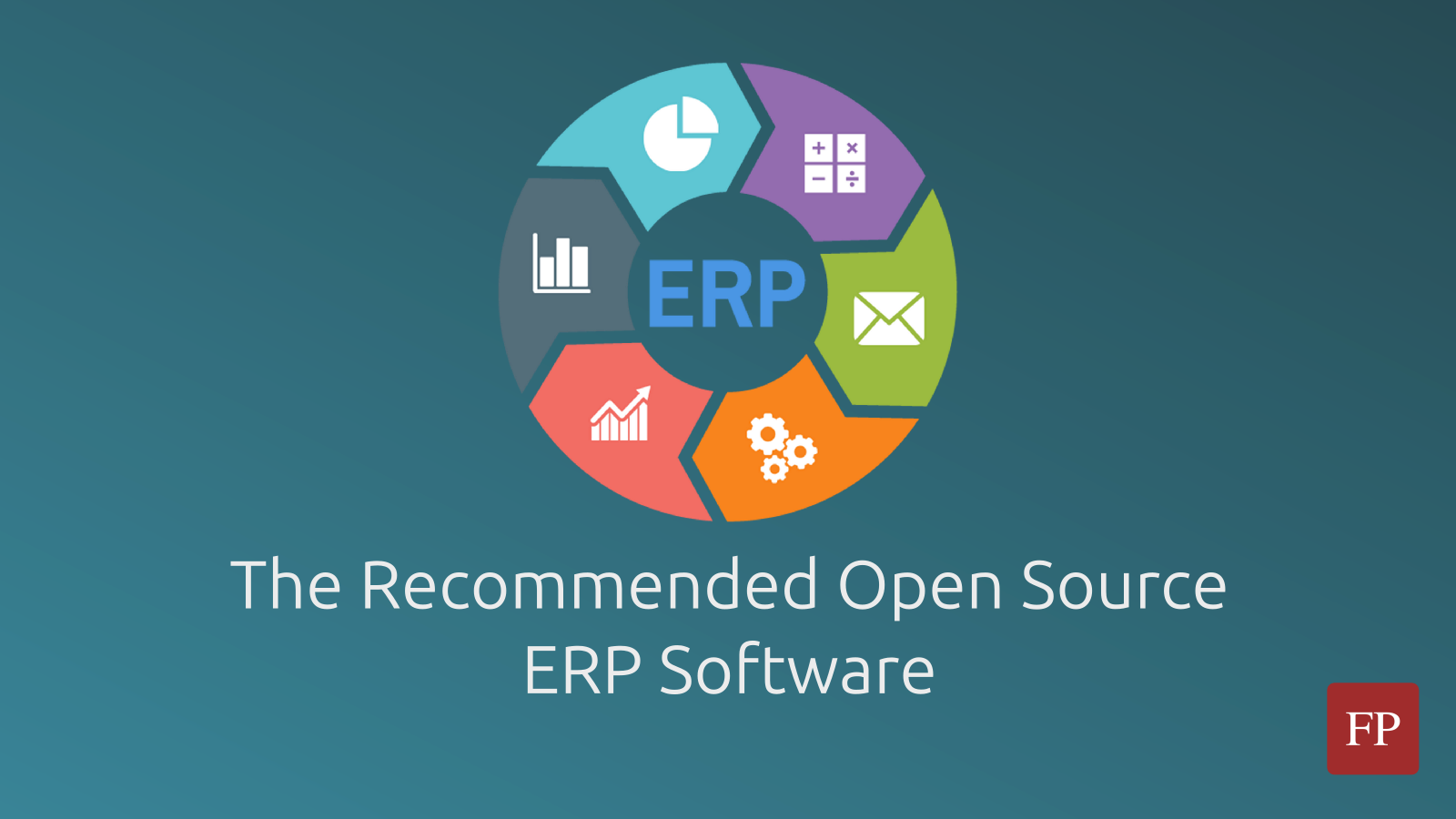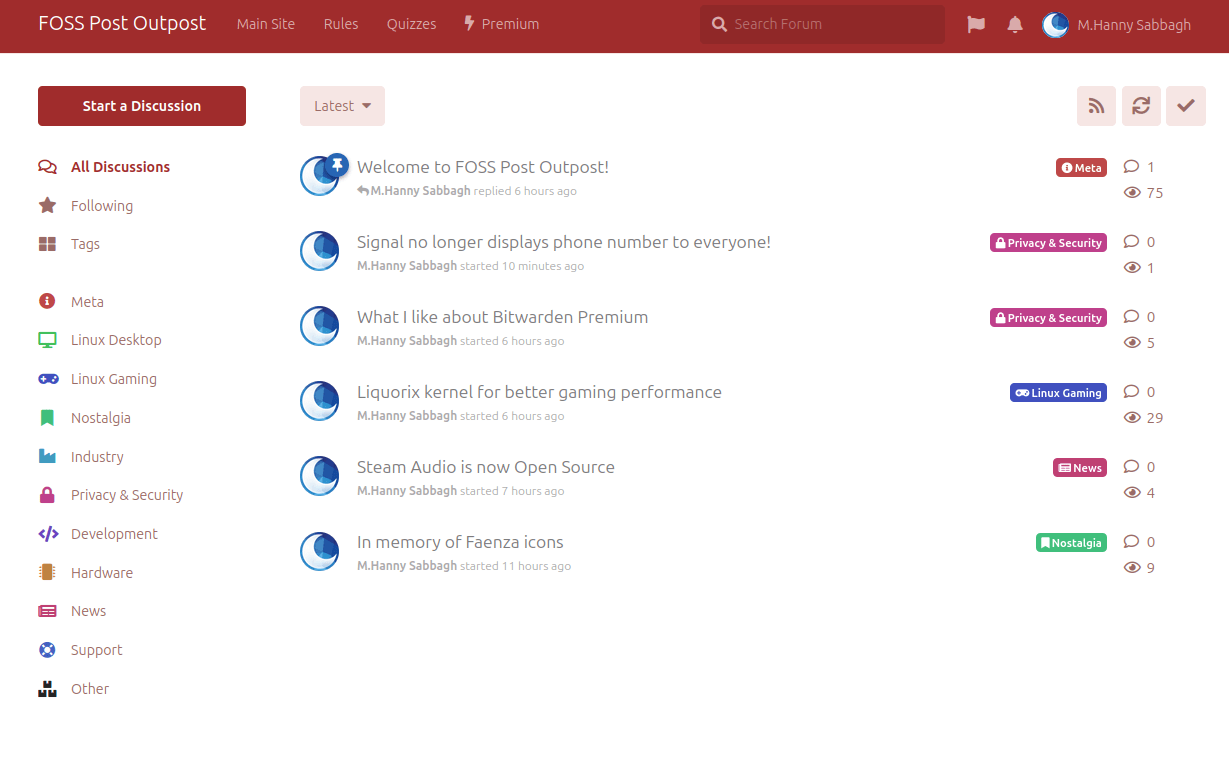Many people think that open source software are just beneficial for end-users, and that there isn’t any much benefit for corporations or enterprises in using them. But that is absolutely not right.
In fact, companies can be one of the most benefiting entities from open source, due to many reasons and factors which we’ll be explaining today.
Table of Contents:
Reason 1: Cost & Licensing
The most important aspect for any company when it comes to open source software is the cost; While it is true that open source software are not necessarily free-of-charge, most of them (Like, 99% of them) are actually also free.
This saves companies huge amounts of money, as they can simply just download the software and deploy it across their computers and servers immediately without having to buy any paid licenses for their employees.
It also means that companies are not bond to any legal bond – other than the open source license itself – when using the open source software; As long they respect the terms of the license, then they can just it however they wish and for whatever purpose without having to involve their legal team in order to see whether sufficient licensing conditions are needed or not.
Overall, open source software save companies a big deal in this regard, since it saves them money & licensing efforts. Without open source, just getting a Windows OS with an office suite could cost them $200 per year for just one machine they have. So imagine how much they can be saving when they fully switch to open source software on a larger scale (Think of programming tools, DevOps tools, servers, IoT tools… etc).
Reason 2: Continuation of Development
Another reason is that open source software are guaranteed to never cease to exist overnight. If an open source software developer stops development, then anyone can come forth, fork the project and continue development as if nothing happened.
This makes it very safe for companies to depend on open source, because even if one software components’ developers disappear, then they can just develop it by their own or reach out to the community to see a possible solution. The source code is there along with an open source license that permits such use case with no issues or hassle at all.
In proprietary software world this is not possible; If Adobe, for example, stops developing Photoshop then there is no entity on the face of Earth that can continue its development, since the laws and regulations prevent such thing due to its licensing. And also since the source code is not available for anyone to see or access.
Reason 3: Modifications According to Needs
Some companies may not find all of their use cases fulfilled in the software they are using, and hence, they may require some additional addons or modifications to that software before using it in their systems.
Traditionally, it would cost companies huge amounts of money to request these custom developments from the proprietary software developers. But not in the open source world. In the open source world they can either:
- Develop and modify the parts they need by their own developers (If they have a group of developers in their warehouse).
- Hire freelancers/3rd-party software development companies and outsource the work to them on that open source software to do the modifications.
- Reach out to the community to see if anyone is interested in doing the same job.
Also, none of this has to include the legal team, because the open source license already allows such use case by-definition. Companies can immediately take the source code of any software they wish and start modifying it, as long they respect the terms of that license.
This has a potential of saving companies great amounts of time and money, because without the existence of an open source starting point, they would have to develop their own software from scratch. Which would have been an extremely costly thing to do, depending on the sector and the needed use case.
Reason 4: Commercial Forks & Activities
All (pure) open source licenses allow the commercial use of that software. Hence, anybody can take the open source software, rebrand it and then sell it online or offline.
Companies can use this approach for their own benefit; They can take a software like LibreOffice, modify it and change its name to make it better, and then sell it along with their support in their own local communities. Collabora Office – for example – is a fork of LibreOffice, and Collabora just add their modifications to LibreOffice and then sell it under a different name.
Localization efforts can go even further in this; Some companies in Brazil, for example, offer to perform the digital transfer of traditional companies from proprietary software to open source software, and hence they can earn money by providing logistics and support services to the users of these open source software.
All of this without having to get the consent of the original developers or any written permission from them, since open source licenses already allow such use cases in their definitions.
This type of usage is extremely popular in ERP software; One open source ERP software becomes so popular, then another takes its source code, rebrand it & modify it and then publish it under a different name in their own local community (E.g India).
Still, one point to take in mind is that it is very highly unethical to take without giving back. If you find an open source software very useful to you or your business, then you should give something back to the original developers of that software who gave it for you for free.
Reason 5: Security & Privacy
One can not boldly claim that open source software are completely more secure than proprietary software. However, open source software are indeed more secure in terms of backdoors/malicious code implementation.
No company can access the source code of Adobe Photoshop for example, and hence there is no way to guarantee that there are no open backdoors or possible vulnerabilities that are left open in that program. Also, since the source code is closed, one can not know or understand how that software works, what data does it collect about the systems it works on and what data it phones home.
Open source software, in this specific point, are objectively much better than proprietary solutions. Because since the source code is available, anyone can scan it for possible backdoors, vulnerabilities or data collection mechanisms. If any are found, they can be stripped off and removed from the code according to the company’s needs.
Moreover, anyone can take the source code and add additional security layers to enhance it and then sell it later. Oracle Linux for example is based on Red Hat Enterprise Linux, and it markets itself as an “unbreakable OS” because of the additional security layers it adds.
All of this is perfectly OK and legal in the open source world.
Conclusion
Summing up, open source software are indeed so beneficial to companies all over the world and in all sizes and sectors. The OSI definition guarantees users freedoms when it comes to open source licensing, and provides huge benefits to both the community and the users of the software.
Keep in mind that open source software exist thanks to the contributions of a large number of people from all over the world. Giving them anything back is highly recommended and appreciated in order to make sure they continue to exist and spread as always.
FOSS Post is a high-quality online magazine about Linux and open source software. With a team of professional writers from all over the world, we bring you the latest articles, analysis and reviews related to open source.
Articles published with this account are written as a collaborative effort between writers. You can email us at contact@fosspost.org




